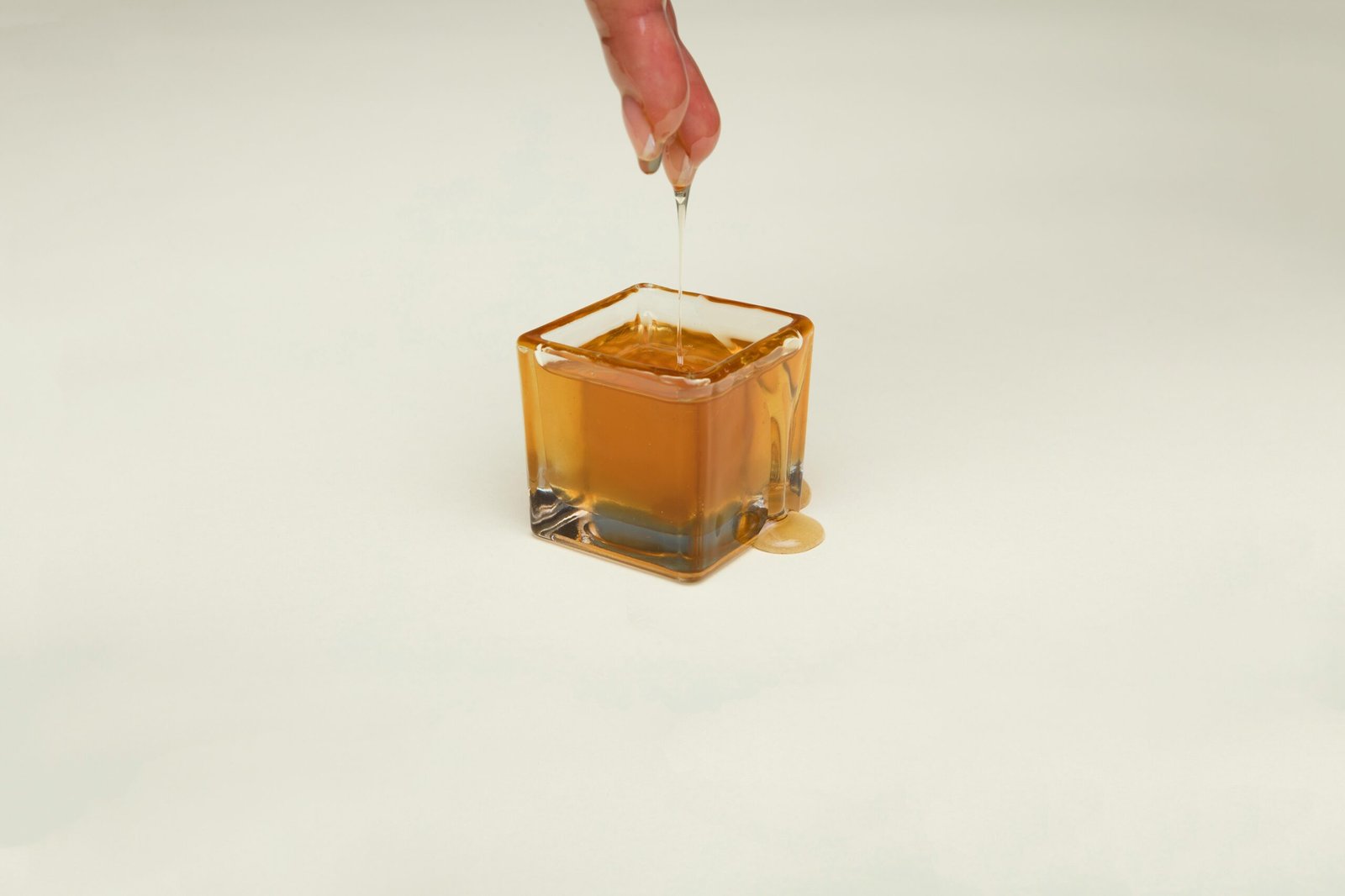Alcohol has long been associated with socializing, relaxation, and celebration. However, it’s important to recognize that excessive alcohol consumption can have both positive and negative effects on various aspects of our lives, including our sexual health. In this article, we will delve into the impact of alcohol on your sexual life, exploring both the benefits and drawbacks that alcohol can bring.
The Positive Effects of Alcohol on Sexual Health
For some individuals, a moderate amount of alcohol can help reduce inhibitions and increase confidence, leading to a more enjoyable sexual experience. Here are a few potential positive effects:
1. Increased Desire and Libido
Alcohol can act as a social lubricant, helping to lower inhibitions and increase desire. It may enhance sexual arousal by reducing anxiety and self-consciousness, allowing individuals to feel more open and receptive to sexual advances.
2. Enhanced Sensations
Alcohol can temporarily heighten sensations and intensify pleasure. It may lead to a more relaxed state, making individuals more attuned to physical sensations and increasing their ability to experience pleasure during sexual encounters.
3. Improved Confidence
Alcohol’s ability to lower inhibitions can boost confidence levels, especially for those who struggle with self-esteem issues. This newfound confidence can contribute to a more satisfying sexual experience, as individuals may feel more comfortable expressing their desires and exploring their partner’s needs.
The Negative Effects of Alcohol on Sexual Health
While moderate alcohol consumption may have some positive effects, it’s important to acknowledge the potential negative impacts on sexual health:
1. Erectile Dysfunction
Excessive alcohol consumption can lead to erectile dysfunction (ED) in men. Alcohol is a depressant that affects the central nervous system, and overindulgence can impair the ability to achieve and maintain an erection. Chronic alcohol abuse can have long-term effects on sexual performance.
2. Decreased Sexual Sensitivity
While alcohol can initially enhance sensations, excessive drinking can lead to decreased sexual sensitivity over time. This can result in difficulties reaching orgasm or experiencing pleasure during sexual activities.
3. Impaired Decision-Making
Alcohol impairs judgment and decision-making abilities. This can lead to engaging in risky sexual behaviors, such as unprotected sex or engaging in sexual activities with unfamiliar partners, increasing the risk of sexually transmitted infections (STIs) and unwanted pregnancies.
4. Relationship Issues
Excessive alcohol consumption can strain relationships. Alcohol-induced arguments, decreased sexual satisfaction, and overall relationship dissatisfaction are common consequences. These issues can negatively impact sexual intimacy and overall relationship quality.
Moderation is Key
It’s essential to understand that moderation is key when it comes to alcohol consumption and sexual health. While moderate alcohol intake may lead to some positive effects, excessive drinking can have severe consequences.
If you choose to consume alcohol before engaging in sexual activity, it is crucial to be mindful of your limits and make informed decisions. Consider the following tips:
- Set boundaries for yourself and stick to them.
- Communicate openly with your partner about your desires and boundaries.
- Practice safe sex by using condoms and other appropriate forms of contraception.
- Take regular breaks from alcohol to maintain overall sexual health.
Conclusion
Alcohol can have both positive and negative effects on your sexual health. While it may temporarily enhance desire, pleasure, and confidence, excessive alcohol consumption can lead to long-term issues such as erectile dysfunction, decreased sexual sensitivity, impaired decision-making, and relationship strain.
Ultimately, it is crucial to approach alcohol consumption responsibly and in moderation. Prioritizing open communication, safe sex practices, and maintaining a healthy relationship with alcohol are key to preserving both your sexual health and overall well-being.

